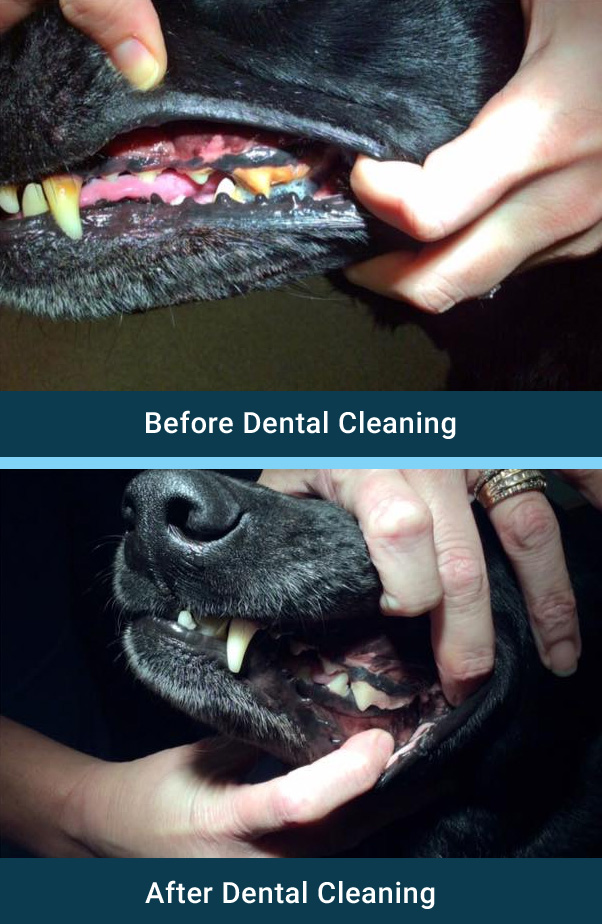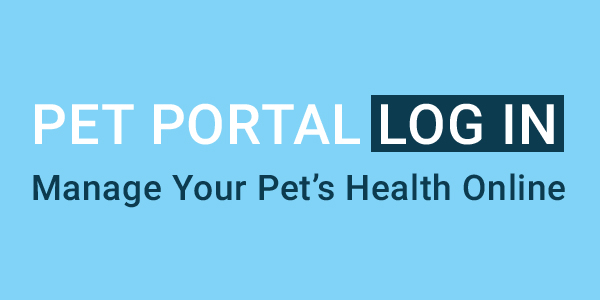DENTISTRY
DENTISTRY
Dentistry
Seventy to eighty percent of pets over the age of 2 have some form of dental disease. Pets that suffer from dental problems may have bad breath, discolored or loose teeth, red or swollen gums, drooling, and/or decreased appetite.
Because dental disease is the most common disease seen in pets, it is extremely important to have your pet’s oral health evaluated routinely by a veterinarian.If the veterinarian determines your pet is suffering from dental disease, a professional dental cleaning will be recommended. Without proper dental care and cleanings, dental disease may lead to teeth abscesation, oral pain, tooth loss, and/or infections of major organ systems including the heart, liver and kidneys.
Routine dental cleanings are outpatient procedures. During the dental, every tooth will be evaluated and the gums will be examined for gingival pockets that could indicate periodontal disease. The tartar will be scaled away from the teeth with an ultrasonic scalier. After the teeth are cleaned, they will be polished and a plaque prevention gel is applied. Digital dental xrays can be taken if diseased teeth are found during the cleaning. Depending on the severity of your pet’s dental disease, antibiotics may be sent home with the patient.
To effectively clean and evaluate your pet’s teeth, anesthesia is necessary. To ensure minimal anesthetic risk, every patient undergoes pre operative physical examination, blood work and an EKG to be certain they are a good anesthetic candidate.


Because dental disease is the most common disease seen in pets, it is extremely important to have your pet’s oral health evaluated routinely by a veterinarian.If the veterinarian determines your pet is suffering from dental disease, a professional dental cleaning will be recommended. Without proper dental care and cleanings, dental disease may lead to teeth abscesation, oral pain, tooth loss, and/or infections of major organ systems including the heart, liver and kidneys.
Routine dental cleanings are outpatient procedures. During the dental, every tooth will be evaluated and the gums will be examined for gingival pockets that could indicate periodontal disease. The tartar will be scaled away from the teeth with an ultrasonic scalier. After the teeth are cleaned, they will be polished and a plaque prevention gel is applied. Digital dental xrays can be taken if diseased teeth are found during the cleaning. Depending on the severity of your pet’s dental disease, antibiotics may be sent home with the patient.
To effectively clean and evaluate your pet’s teeth, anesthesia is necessary. To ensure minimal anesthetic risk, every patient undergoes pre operative physical examination, blood work and an EKG to be certain they are a good anesthetic candidate.
Remember, the adverse effects of dental disease on the overall health of your pet greatly outweigh the anesthetic risk.
Most dogs and cats will need a dental cleaning every 1-2 years (although small breeds may require cleanings every 6- 9 months). Brushing your pet’s teeth at home can increase the time between professional cleanings. Remember, like humans, dogs and cats need their teeth brushed daily!
At Bit & Spur Animal Hospital, we strive to provide the highest quality dental care to our patients. Please call us at 251.344.0871 to schedule a dental exam or cleaning for your pet!
Dental Radiology:
Our digital dental radiograph machine gives us the ability to take an x-ray image of your pet’s teeth and the surrounding bone. Each tooth has a root that is attached in the bone. If dental disease is present, x-rays can show us how much damage to the tooth has occurred below the surface. This gives us a better idea of how viable a tooth is, and whether or not we need to pull it. Occasionally, pets will break a tooth, or worse, their jaw, and radiographs will help us decide the best way to repair the injury.



